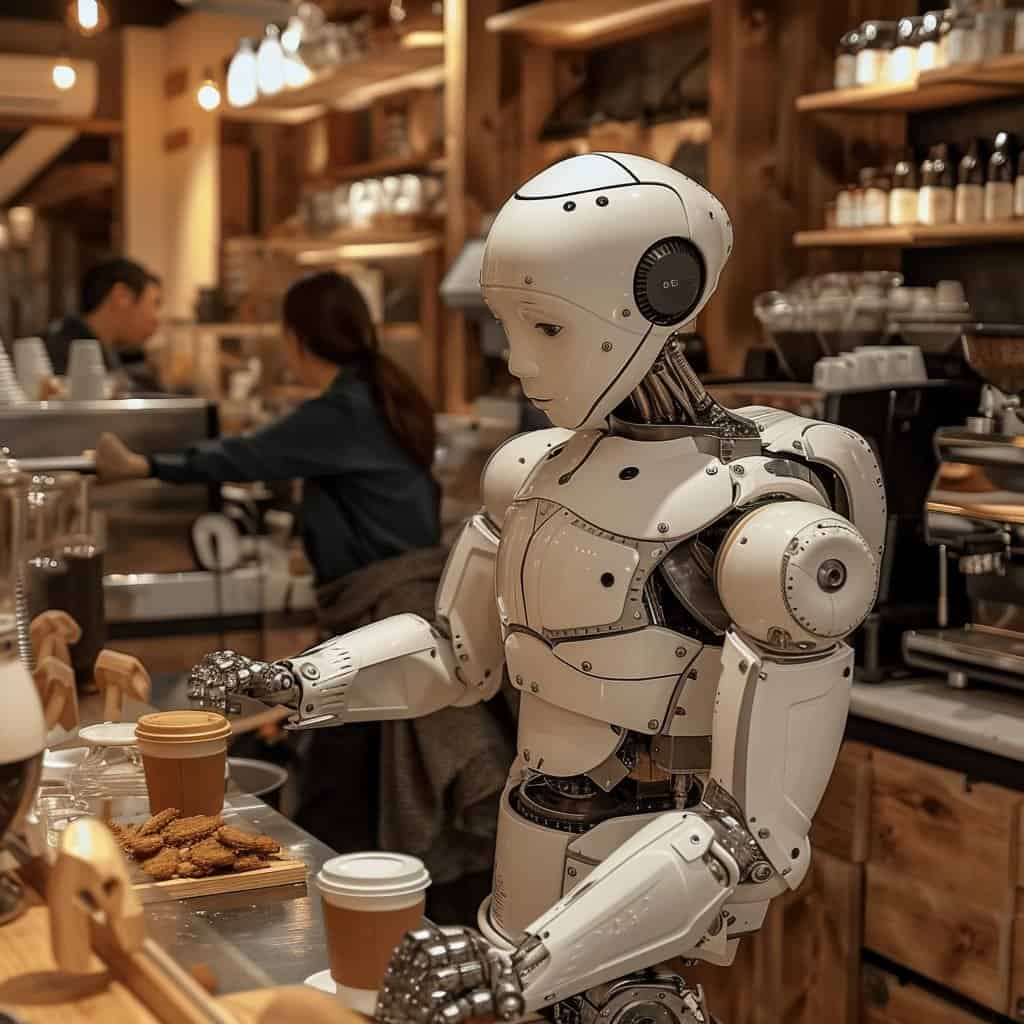
"Artificial intelligence (AI) is reshaping industries at an unprecedented pace, automating routine tasks, analyzing vast datasets, and enabling new forms of creativity that were once unimaginable. In workplaces, AI tools like chatbots and predictive analytics are streamlining workflows, allowing employees to focus on higher-value activities. Daily interactions have evolved too, with voice assistants handling everything from navigation to personalized recommendations, making life more efficient."
"This transformation has minted fortunes for pioneers like Nvidia ( NASDAQ:NVDA ), whose chips power much of the AI boom, and Microsoft ( NASDAQ:MSFT ), which integrated AI into its cloud services, driving its market cap into the trillions. Investors have poured billions into these leaders, betting on sustained dominance. Yet, for many other businesses racing to adopt AI, the payoff remains elusive. A McKinsey survey revealed that while AI adoption surge, 80% of companies haven't seen any return on their investment."
"Starbucks CEO Brian Niccol recently declared the company "all in on AI," a bold move for a brand built on human baristas crafting drinks with personal flair. Consumer-facing businesses like coffee shops thrive on that warmth - eye contact over a counter, custom tweaks to a flat white. AI, with its algorithms and data streams, seems an odd fit for such tactile, emotional exchanges."
Artificial intelligence automates routine tasks, analyzes large datasets, and enables new creative capabilities across sectors. AI tools like chatbots, predictive analytics, and voice assistants streamline workflows and everyday interactions, increasing efficiency. Leading technology providers such as Nvidia and Microsoft have captured substantial value as their hardware and cloud services power AI growth. Many investors have backed these leaders heavily. However, the majority of adopting companies report little or no return on AI investments due to integration costs, skill shortages, and uncertain use cases. Consumer-facing firms face added tension between data-driven automation and tactile, emotionally driven customer experiences.
Read at 24/7 Wall St.
Unable to calculate read time
Collection
[
|
...
]